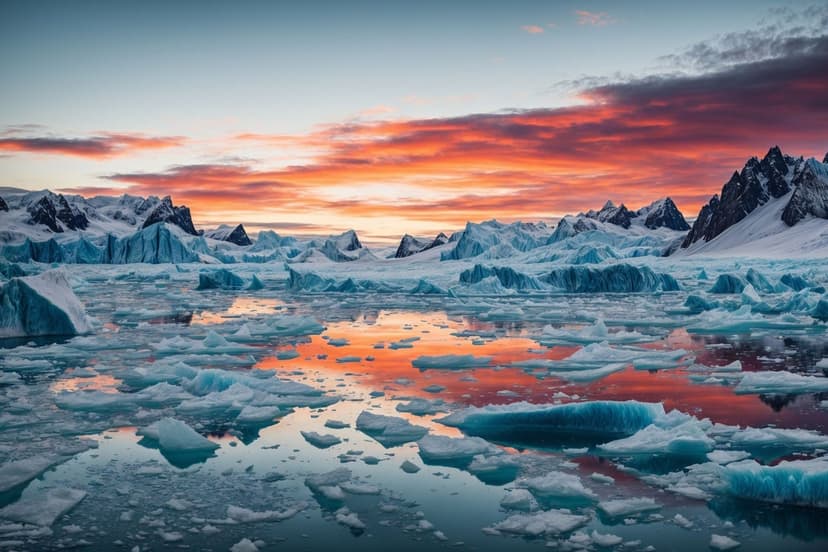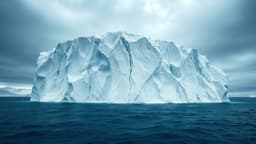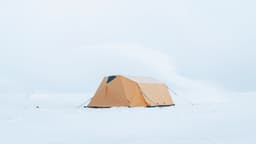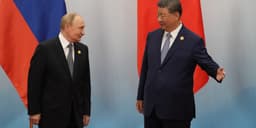Home / Environment / Antarctica's Krill Crisis: Fishing Frenzy Threatens Fragile Ecosystem
Antarctica's Krill Crisis: Fishing Frenzy Threatens Fragile Ecosystem
13 Nov, 2025
Summary
- Antarctic krill are crucial to the entire ocean's food web
- Krill fishing has reached unprecedented levels, doubling in the past year
- Countries fail to agree on marine protected areas to safeguard Antarctica

As of November 13th, 2025, Antarctica's fragile ecosystem faces a growing crisis as industrial krill fishing has reached unprecedented levels. This tiny crustacean is the linchpin of the region's diverse wildlife, supporting everything from whales to penguins. However, the krill catch has more than doubled in the past year, with vessels extracting 620,000 tonnes from a single area crucial for biodiversity.
Despite the Antarctic being governed by an international agreement focused on krill conservation, some countries are pushing to increase the fishing quota even further. This is driven by the growing demand for krill to feed farmed fish, dietary supplements, and pet food - purposes that are far from essential. The risk to Antarctica and the global ocean's food web is immense, as krill play a vital role in the carbon cycle, sequestering vast amounts of CO2.




